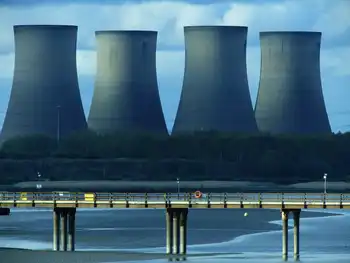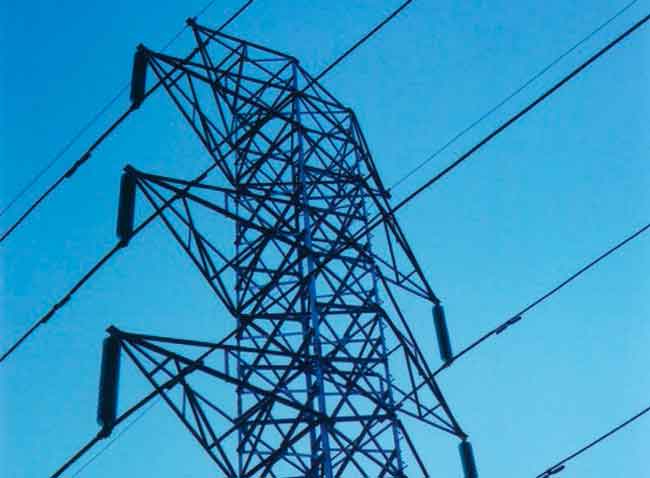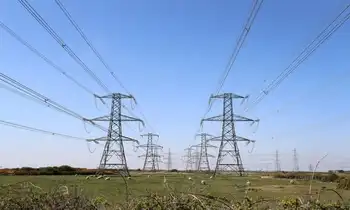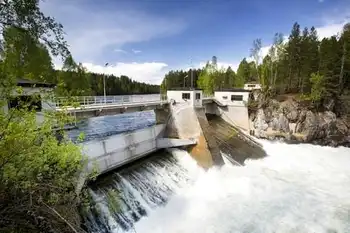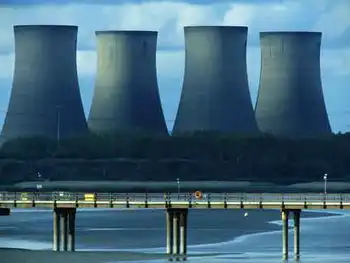Acquisition of Ark Solar positions Homeworks as Victoria's leader in home energy efficiency and comfort
By Canada NewsWire
Substation Relay Protection Training
Our customized live online or in‑person group training can be delivered to your staff at your location.

- Live Online
- 12 hours Instructor-led
- Group Training Available
This follows on the heels of Homeworks' acquisition of SOLACE Energy of Burnaby announced in January, 2007.
SOLACE, together with Homeworks, also played a key role on the CBC reality television challenge Code Green Canada.
Ark Solar has served Victoria and area since 1983 as local heating experts for new construction, custom home development and retrofits. Ark Solar services the Victoria area with 9 staff operating from their showroom on Government Street. Ark Solar sells and installs wood stoves, chimneys, gas fireplaces, furnaces, heat recovery ventilators, solar equipment for hot water / pool heating and zero clearance fireplaces and chimneys.
Ark Solar will operate as a subsidiary under the guidance of SOLACE General Manager, Doug Rempel. Combined with the acquisition of SOLACE Energy, Homeworks now has over 60 employees and eaga partners.
SOLACE Energy services the Lower Mainland with 35 staff operating from its showrooms in Burnaby and Port Moody. Celebrating their 30th anniversary this year, SOLACE Energy delivers leading edge solutions for the custom new home construction and renovation markets.
"Ark Solar is a great addition to our Homeworks' family and firmly establishes us as the leading option for energy and comfort upgrades for Victoria homeowners," stated Homeworks President and CEO, Rob Dean.
He added "We welcome our new partners employed with Ark. Our combination will maintain Ark's 24 years of Victoria market expertise, expand the range of products we can offer Victoria homeowners and ultimately reflect our international leadership in enhancing comfort and reducing the environmental impact of our customer's homes.
"We are excited that this move will enable Ark Solar and SOLACE Energy to build on each other's strengths," commented SOLACE principal, Doug Rempel. "We are also thrilled to be part of eaga, a global leader in energy efficiency, and that our 30 years of expertise will now benefit more customers."





